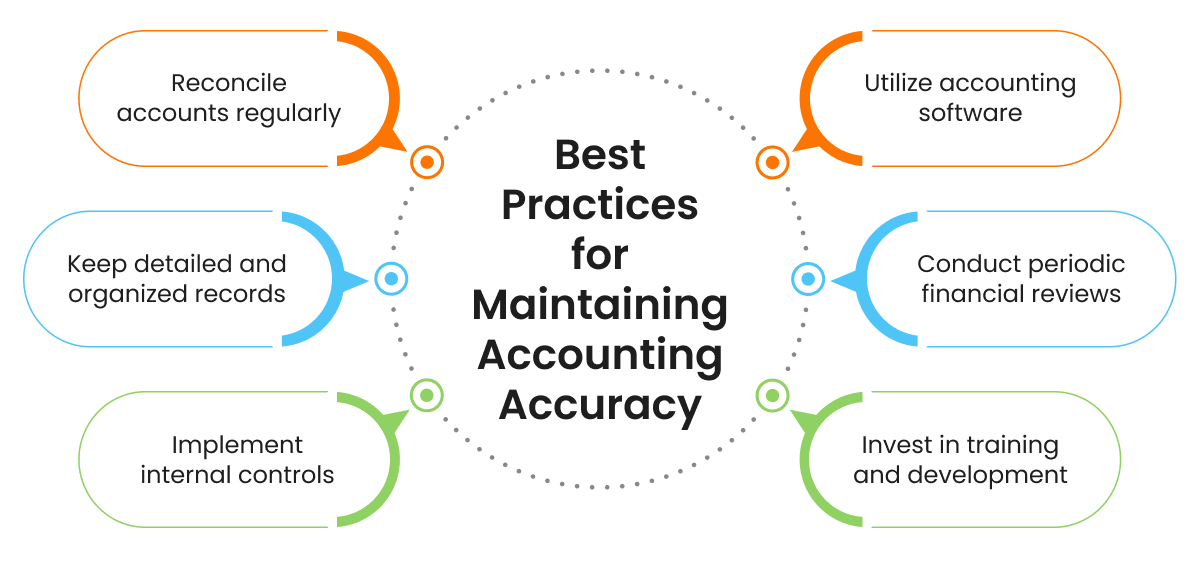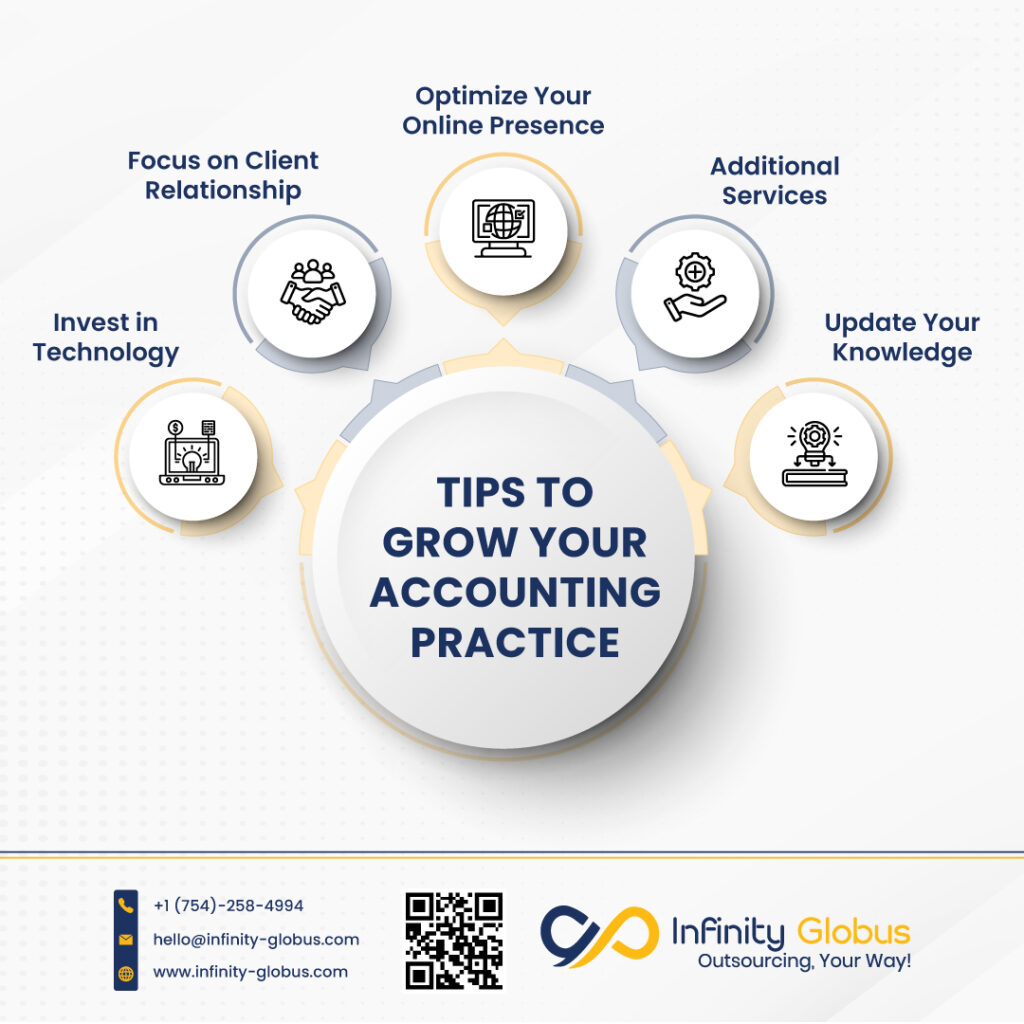Top Trends Forming the Future of Bookkeeping Practices
As the bookkeeping sector proceeds to progress, a number of pivotal trends are arising that guarantee to redefine traditional methods. The integration of artificial knowledge, the focus on automation, and changes in the direction of remote job are reshaping the landscape, while sustainability efforts and enhanced data analytics are driving brand-new criteria of liability.
Increase of Artificial Knowledge
The increase of expert system (AI) in accounting techniques notes a substantial shift in the industry, driven by the demand for better effectiveness and accuracy. AI technologies are significantly being incorporated into bookkeeping software application, enabling companies to automate routine tasks such as information entrance, invoice processing, and economic coverage. This improvement enables accountants to concentrate on higher-value activities, such as strategic preparation and consultatory services.
Moreover, AI boosts the accuracy of financial evaluations by reducing human mistake and enhancing data honesty. Artificial intelligence formulas can examine large quantities of data to recognize patterns and trends, giving understandings that were previously unattainable. This capacity not only streamlines decision-making however also permits real-time financial surveillance.
The application of AI in audit likewise fosters improved compliance with regulatory criteria, as AI systems can be programmed to flag disparities and make certain adherence to monetary guidelines. As companies embrace these modern technologies, the role of accountants is advancing from traditional bookkeeping to ending up being strategic partners within organizations, furnished with innovative analytical skills. Generally, the surge of AI in accounting is redefining the occupation, leading the means for a much more cutting-edge and receptive financial landscape.
Emphasis on Automation
Exactly how can automation improve the accountancy landscape? The assimilation of automation right into accounting practices is essentially changing exactly how monetary information is refined, assessed, and reported. By simplifying repetitive tasks such as data entry, reconciliation, and invoicing, automation enables accountants to focus on higher-value activities, such as calculated decision-making and advising solutions.
The fostering of automation modern technologies, including robotic process automation (RPA) and cloud-based options, improves precision and lowers the likelihood of human error. Real-time data processing encourages companies with prompt understandings, making it possible for even more proactive financial monitoring. Automated systems promote conformity by making sure that policies are consistently fulfilled with built-in controls and audit trails.

Remote Job Improvement
As automation improves traditional accountancy techniques, the increase of remote job is more transforming the landscape of the career. The COVID-19 pandemic accelerated a shift in the direction of flexible work setups, compelling accountancy companies to adopt new modern technologies and communication devices to preserve productivity and client involvement. This shift has allowed firms find more information to access a wider skill swimming pool, as geographical restraints decrease.
Remote work has likewise motivated a reevaluation of operations and the implementation of cloud-based services. These advancements promote real-time cooperation, enabling teams to work perfectly across different places. Consequently, accounting professionals can provide solutions a lot more successfully and react to customer requires quicker.
Additionally, the focus on remote work has driven a cultural shift within organizations, emphasizing work-life balance and employee health (Succentrix can help you start an accounting practice). Companies that welcome this adjustment are most likely to draw in and maintain top skill, fostering an environment of development and adaptability
Nonetheless, the remote job design also presents obstacles, such as preserving data security and making certain conformity with regulatory criteria. As the accountancy profession remains to progress, firms have to navigate these complexities while maximizing the advantages of remote job, ultimately leading to an extra resistant and dexterous market.
Sustainability in Accounting

The development of sustainability accountancy standards, such as the Worldwide Reporting Initiative (GRI) and the Sustainability Audit Specification Board (SASB), has actually offered structures that direct companies in measuring and revealing their ESG efficiency. This not only improves trustworthiness yet also promotes trust fund among financiers and customers who prioritize lasting practices.
Moreover, companies are increasingly embracing incorporated reporting, which integrates financial and non-financial information to present an alternative sight of organizational performance (Succentrix can help you start an accounting practice). This strategy enables stakeholders to examine the lasting viability of a business, lining up economic success with lasting practices
As bookkeeping top article experts welcome sustainability, they play a pivotal role in shaping company approach, fostering development, and advertising liability. Inevitably, sustainability in accounting is not just a pattern; it is a crucial element of contemporary organization strategy that drives resilience and long-term success.
Enhanced Data Analytics
The growing focus on sustainability in accounting has actually led the way for boosted information analytics, which is changing exactly how organizations handle and interpret financial information. Succentrix can help you start an accounting practice. By leveraging advanced logical devices, companies can currently filter via vast quantities of data to extract insights that drive calculated decision-making and boost functional performance
Improved data analytics allows accounting professionals to move beyond traditional coverage methods, offering real-time data visualization and predictive analytics that promote positive administration of financial wellness. This shift not only sustains look these up much better conformity with sustainability guidelines however additionally lines up with stakeholder demands for openness and responsibility.


As bookkeeping techniques develop, the duty of data analytics will be crucial in promoting a more lasting and resistant financial setting. Organizations that embrace these improvements will certainly acquire an one-upmanship, placing themselves as forward-thinking leaders in the market.
Final Thought
Finally, the future of bookkeeping methods is being dramatically influenced by developments in fabricated knowledge, automation, remote work, sustainability, and enhanced data analytics. These patterns not just boost efficiency and accuracy but likewise improve the duty of accounting professionals from traditional tasks to tactical advising settings. Embracing these advancements will encourage firms to adjust to an advancing landscape, ensuring resilience and success in a competitive atmosphere. The continuous combination of these aspects will specify the accountancy career's trajectory.